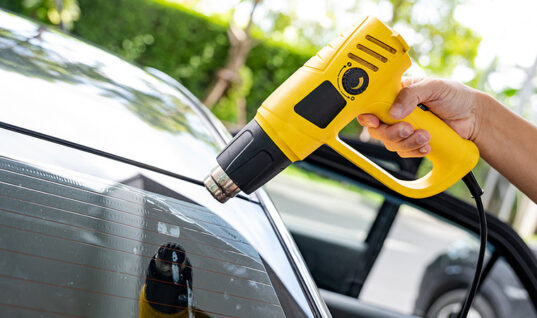BTN Turbo, the world’s largest independent turbo distributor, has issued a statement which explains what can go wrong and to avoid turbo damage as statistics show that less than one per cent of turbo failures are due to a fault with the turbo itself.
It’s reported that 90 per cent diesel passenger cars are turbocharged and an increasing percentage of petrol cars are following suit. ![]()
Aggressive environment
A turbine shaft spins up to 6,000 times every second, in temperatures of up to 950ºC, and is protected by just a thin film of oil on the shaft bearings.
Any problem with the oil will damage the bearings of oil seals, inevitably leading to turbo failure.
BTN say correct, clean oil is vital for turbos.
 Oil leaks
Oil leaks
Any leak that cuts off or drastically reduces the supply of oil to the turbo bearings will cause problems.
Running a turbo without oil for five seconds is as harmful as running an engine without oil for five minutes.
 Air flow
Air flow
The oil seals at either end of the turbo bearing shaft rely on positive air pressure to keep them in place.
A faulty or missing air filter or insufficient exhaust back pressure will result in either too much or too little air pressure, so the oil seals start to leak and the bearings are starved of oil.
BTN say the consequences are the same; the turbo will be damaged and ultimately fail.
 Clean oil
Clean oil
Old oil with carbon, sludge, or tiny particles of silicon gasket sealer will score the turbo shaft bearings and shorten turbo life.
But contamination can also occur because the wrong oil has been used.
 Oil grades
Oil grades
While highly effective for many turbocharged engines, including older diesels, high detergent oils are not recommended for modern diesels fitted with a DPF.
The detergents can result in ash formed during combustion blocking the DPF, with detrimental effects on emissions, performance and economy.
Instead, BTN suggest these engines need Low SAPs.
The distributor said that it’s imperative to check the oil specification stipulated by the vehicle manufacturer, and keep to their recommendations.
To find out more about BTN Turbo and to watch the latest videos, click ‘more details’ below.








Mohammed Saleh Saleh
Thanks for the technical information. Keep me in touch for useful information for turbo chargers and all engine specifications.
Mohammed Saleh Saleh
Thanks for the technical information. Keep me in touch for useful information for turbo chargers and all engine specifications.
Reichelle Harris
At my last car service where the oil was changed, my car will refilled with 10w30 oil when it clearly states in the manual to use C3 ACEA 5w30, and at all previous oil changes the recommended oil was used, 2 months (4000k) after this the turbo fan exploded. Could the wrong oil be a cause of this?